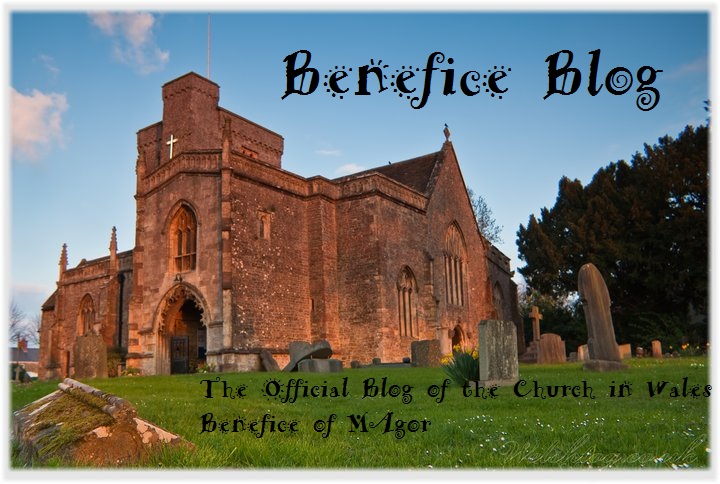Holocaust Memorial Day – 27 January
Each year on 27 January the world marks Holocaust Memorial Day (HMD). HMD has been held in the UK since 2001 and the United Nations declared this an International event in November 2005. 27 January was chosen as the date for HMD because it was on this date in 1945 that the largest Nazi Concentration Camp Auschwitz-Birkenau was liberated.
The day of remembering isn’t only about WWII, it’s also about remembering the victims and those subsequent genocides in Cambodia, Rwanda, Bosnia and the ongoing atrocities today in Darfur.
It says on the Holocaust Memorial Day Website
“Genocide doesn’t happen overnight, it’s a gradual process which begins when the differences between us are not celebrated but used as a reason to exclude or marginalise. By learning from the lessons of the past, we can create a safer, better future.”
HMD has taken place in the UK since 2001. It was established at a meeting on 27 January 2000, when representatives from forty-four governments around the world met in Stockholm to discuss Holocaust education, remembrance and research. At the conclusion of the forum, the delegates unanimously signed a declaration which is the basis for national events, education and publicity.
Prayers for Holocaust Memorial Day
Let us pray for God’s ancient people, the Jews, the first to hear his word - for greater understanding between Christian and Jew for the removal of our blindness and bitterness of heart that God will grant us grace to be faithful to his covenant and to grow in the love of his name.
(From the Intercessions for Good Friday: Lent, Holy Week and Easter Services and Prayers, as commended by the House of Bishops of the General Synod of the Church of England)
Lord, remember not only the men and women of goodwill, but also those of ill will. Do not remember all the sufferings they have inflicted upon us; remember the fruits we bear, thanks to this suffering - our comradeship, our loyalty, our humanity, courage, generosity, the greatness of heart which has grown out of all this. And when they come to judgement, let all the fruits that we have borne be their forgiveness.
(A prayer found on a scrap of paper beside the body of a girl who died at Ravensbruck)
Prayers said on the occasion of the 50th anniversary of the death of Anne Frank:
God, you created us all in your own likeness. We thank you for the wonderful diversity of races and cultures in your world. Enrich our lives by ever-widening circles of fellow feeling and understanding; show us your presence in those most different from us, so that in all our relationships, both by what we have in common and by things in which we differ, we may come to know you more fully in your creation; for you are Father, Son and Holy Spirit for ever. Amen
Judge eternal, bringer of justice, hear the cry of those who suffer under the lash of heartless political oppression; those who languish in prisons and labour camps, untried or falsely condemned; those whose bodies are shattered, or whose minds are unhinged by torture or deprivation. Meet them in their anguish and despair, and kindle in them the light of hope, that they may find rest in your love, healing I your compassion and faith in your mercy. In the name of him who suffered, Jesus Christ our Lord. Amen

